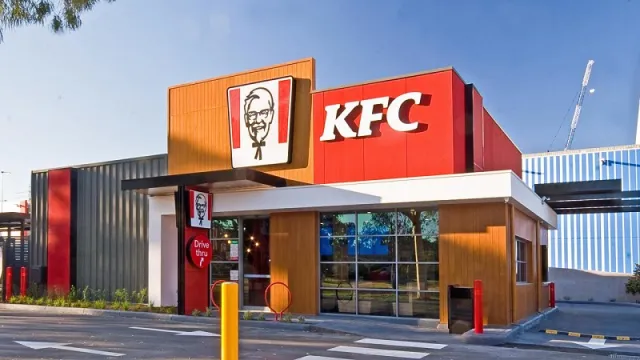The global supply chain crisis that has left KFC without chips is far from over

The global supply chain crisis that has left KFC without chips is far from over
Fast-food chain KFC is grappling with a biting shortage of potatoes across its outlets in Kenya, forcing it to provide customers with alternative food items such as ugali and burns.
The company East Africa CEO Jacques Theunissen told Business Daily that the crisis has been caused by the ongoing challenges gripping the global supply chain system.
“It has to do with delays in shipping lines due to the Covid situation. Ships have been delayed for more than a month now, but we are working hard to restore as the first containers are arriving in the port tomorrow (today),” said Mr Theunissen.
KFC is just one of the many companies across the world that are facing shortages of key products and industry experts warn that the supply chain crisis triggered by the pandemic could last for up to two years.
Across the globe, key manufacturing hubs and ports are reeling from the effects of pandemic-related port closures as countries turned to lockdowns to check the spread of the virus.
Read also: Equity foray into DRC key in propelling SMEs into the future
Maersk, one of the biggest international shipping lines notes that the worst supply delays were being experienced in the US market where ships are being forced to wait for months to unload as the country grapples with a biting shortage of workers.
In Britain's biggest container port, Felixstowe, there is gridlock as thousands of containers wait to be emptied, implying that the empty ones on trucks from inland warehouses and businesses have to be channeled to neighboring ports.
The latest outbreak of Covid infections in the Chinese manufacturing hub of Zhejiang, which is also home to the world’s largest cargo port, Ningbo-Zhoushan, is further aggravating the problem.
Quite often, China exercises tough quarantine measures that limit people from any form of travel.
Shipping accounts for the movement of roughly 90 percent of goods internationally and the cost of sea freight has edged up in the past twelve months.
In effect, the prices of basic consumer goods are on the rise because of higher shipping costs and increasing demand from millions of consumers who have been stuck at home for months on end.



